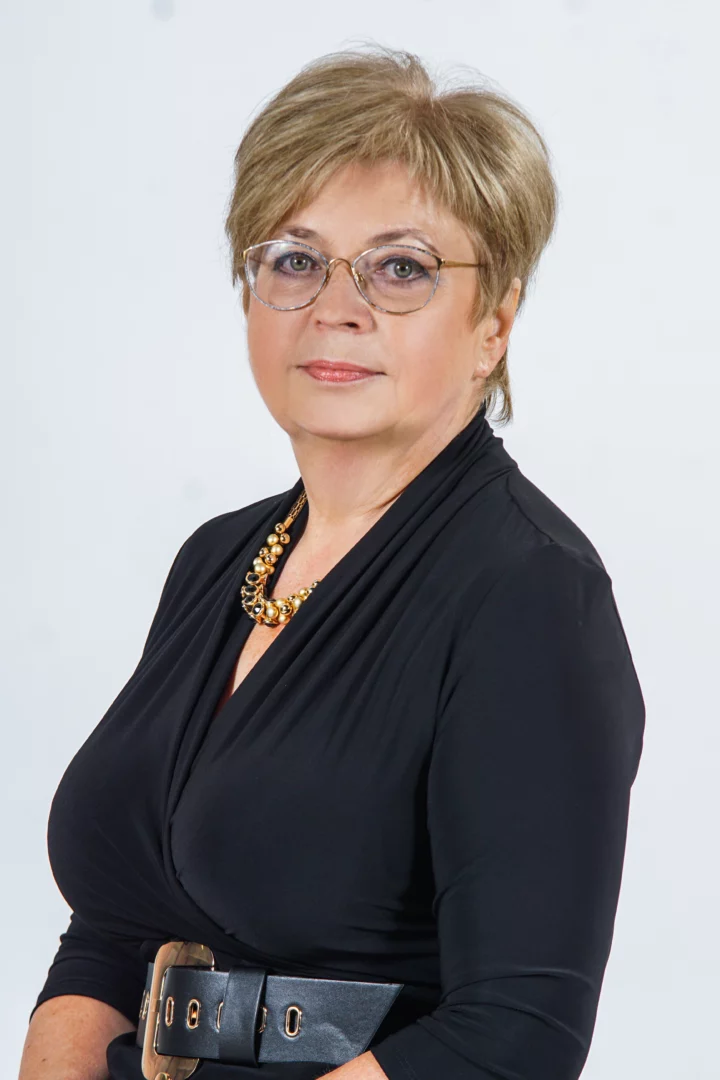Any kind of BA or BSc (or equivalent) diploma, preferably in the social sciences and a good command of English, written and spoken, proofed by a language certificate B2 or higher), or a certificate of study conducted in English.

The programme is for students interested in exploring Central Europe’s fascinating past, present, and future through specially designed courses. The programme provides insight into Central Europe’s historic, political, social and cultural development in a broader comparative context. It is an indispensable approach, as cultures have clashed in the region for many centuries. The programme offers courses in various academic disciplines taught in English by local faculty and professors who are experts in their fields of study.
Any kind of BA or BSc (or equivalent) diploma, preferably in the social sciences and a good command of English, written and spoken, proofed by a language certificate B2 or higher), or a certificate of study conducted in English.
During a 20–30-minute online admission interview, the applicant’s knowledge in social sciences, research interests and motivation, commitment to study Central-European issues and language proficiency is assessed. Successful candidates are expected to answer the following questions on their professional backgrounds, and motivations:
Applicants can score a maximum of 100 points. Applicants who score at least 80 points will be admitted to the MA program. Applicants who score less than 80 points will be rejected.
The program aims to train experts with specialised knowledge to handle tasks related to foreign affairs, economics, research, representation, intercultural relations, cultural diplomacy and organizations in the Central European region. Graduates will be equipped to work in scientific, media related, diplomatic, entrepreneurial, institutional and cultural settings. They will also be prepared to pursue doctoral studies.
Meet our Student Ambassador and connect with Student Coordinator from the Faculty. Check out their testimonials or reach out to them directly!

Established in 1992, the Faculty of Humanities and Social Sciences is one of the youngest of eight faculties at the long-established University of Miskolc. The faculty increases the diversity and expands the range of opportunities available at the university. As the regional centre for the humanities, social sciences and teacher training, our faculty continues to be a leading teaching and research centre serving both the region and society. We look forward to welcoming you in person!